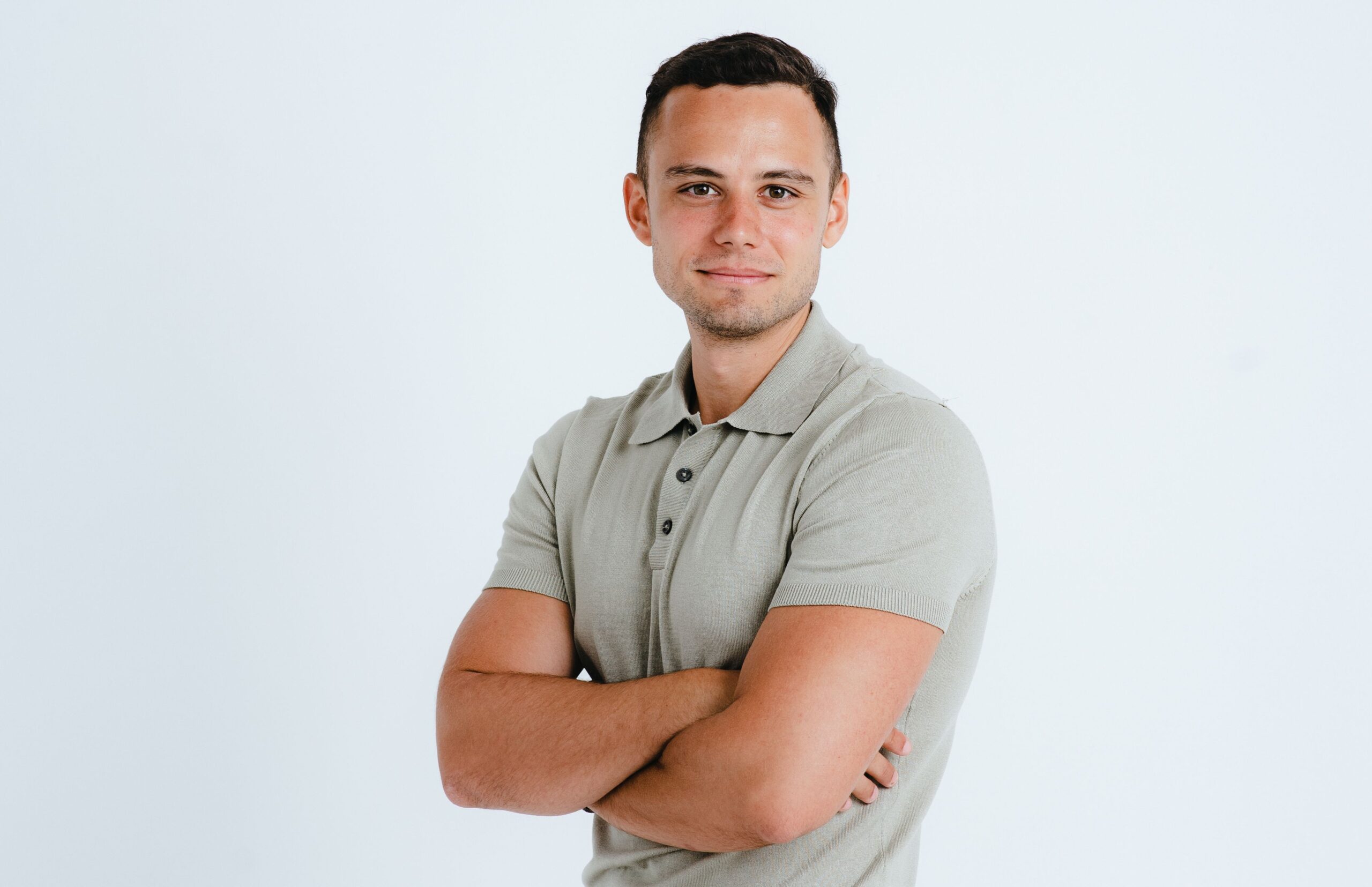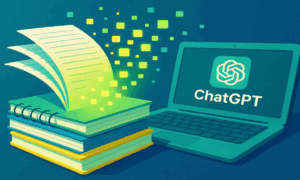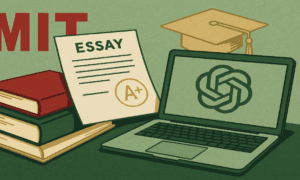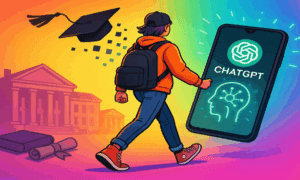Creating engaging, high-quality educational videos has long been a challenge for educators. With limited resources and time constraints, producing polished content that resonates with diverse learners remains an uphill battle for many. Moreover, when new topics arise, the challenge is further compounded by the time it takes to create quality content. As education increasingly goes online, scalable and accessible video content is more urgently needed than ever.
Overcoming Barriers in Education
The creation of educational videos has always been very resource-intensive, and labor-intensive. Educators have to create detailed scripts, find relevant visuals, record professional voiceovers, and then put everything together into a cohesive, polished video. Due to a lack of resources, especially in underfunded schools and universities, most educators cannot put forward high-quality video content that caters to such diverse students.
This has been one of the most difficult challenges to overcome for years, and Martin Yanev-an avid software engineer and computer science professor-set out to solve it. When he realized that educational content can be created in a more scalable way, he envisioned a solution able to take some of the load off manual labor and open up doors for more personalized, more engaging learning experiences.
Automating Educational Video Production with AI
Martin’s innovative use of Artificial Intelligence algorithms provides the solution. By integrating advanced AI technologies—text-to-speech APIs, Vision AI models, and DALL-E for visual generation—he created a innovative workflow that turns raw educational written content into polished video lessons.
The process begins with an AI assistant that transforms any text into a well-structured video script. Next, advanced text-to-speech (TTS) technology generates a natural-sounding voiceover. Vision AI models then create relevant visual descriptions, DALL-E and icon-generation APIs produce custom visuals that match the lesson’s theme. To enhance engagement, short video clips are sourced in real time using tools like Sora and the Google Search API. Finally, Python libraries like MoviePy bring everything together—voiceovers, visuals, and transitions—into a polished, high-quality educational video.
Making Education More Accessible and Scalable
The AI-enabled workflow by Martin dramatically reduces the creation time and effort to produce educational videos, hence allowing educators to easily create quality content.
Moreover, the technology is scalable, enabling universities and other education-focused institutions to produce cutting-edge learning materials much faster and at a lower cost than ever before.
This innovation enables the creation of personalized learning experiences tailored to students’ diverse needs, ranging from those in remote areas to underfunded schools within the global digital learning community. This approach, in theory, levels the playing field by equitably providing access to educational resources, thereby bridging traditional learning gaps.
Empowering Educators and Students Alike
This AI-enabled method extends far beyond the capabilities of any individual educator, offering universities worldwide the opportunity to create scalable, high-quality content accessible to students globally. The technology aids educators to reach a larger and more diverse audience with enhanced relevance, a crucial factor in today’s digital and remote educational world.
The potential of AI-powered video creation is immense. By freeing educators from the burdens of manual production, this technology aims to redefine the future of learning. It enables the provision of high-quality, accessible, and personalized content to anyone, anywhere, at any time.
The Future of Learning
The strength of this AI-driven system extends beyond mere efficiency, fundamentally transforming the concept of learning. As AI technology advances, the future of education is poised to become more inclusive, efficient, and empowering. Martin Yanev’s contributions mark a significant milestone in the continuous endeavor to make quality education universally accessible, bringing with it the promise of a more equitable and informed global society.



































